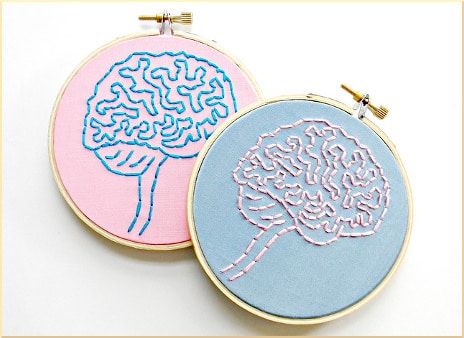
Dr. Pretlow is interested in the idea that obesity is primarily a psychological problem. In recent years this premise has steadily gained adherents.
A still quite relevant resource is “Obesity and Mental Health,” published by Britain’s National Obesity Observatory in 2011. It defines an important term:
One study found that well-being for children meant self-esteem, trust and satisfaction and was preserved and improved through exciting relationships and activities. Feeling well was equal to feeling capable, feeling happy and feeling a sense of community.
The paper discusses the relationship between common mental health disorders and obesity, which in the case of depression is bi-directional. There is also a “weak but positive” relationship between anxiety disorders and obesity. The authors give examples of that bi-directionality, illustrating how obesity can cause mental health disorders and how mental health disorders can cause obesity — with specific reference to four areas of life (behavioral, biological, psychological, and social).
Rather than an approach starkly oriented toward weight loss, the authors recommended a focus on mental health factors. They suggest a need for evaluation of interventions and also a need for re-evaluation of the relative values assigned to intervention outcomes.
They do not seem particularly concerned about achieving instant results. Researchers have reason to believe that “weight management programs have the potential to equip obese young people with positive self-evaluations that may enhance their future well-being, even if weight loss is not apparent in the short-term.” The authors say:
The clinical treatment of obesity should take psychosocial aspects of the condition into account… Depression and self-esteem should be monitored. Where significant depression is found to be present, it should be treated as such and not presumed to be an inevitable consequence of obesity.
But, as we have seen, after an initial diagnosis, the average American psychiatrist is unlikely to engage in patient contact beyond the 15 minutes needed to monitor the efficacy of the currently prescribed medication. Fortunately, there are others who know something about the place where obesity and mental health intersect.
Fitness coach Jill Coleman says:
Food anxiety is an elaborate interplay of brain chemistry, triggers + resulting habit loops, scarcity vs. abundance mindset, and misguided stress management…
As we learned, for ancient humans “Fear of Missing Out” (FOMO) began as the ability to detect subtle environmental clues pointing to food. Although it is an adaptive trait that promotes survival, FOMO has side effects. When the experience of eating is the thing a person feels deprived of, obesity can easily result.
Also, there is such a thing as hypervigilance, which feeds a constant state of anxiety. In patients, this can manifest as social anxiety and exhaustion, where every contact feels like just too much to cope with. For a person with serious emotional baggage, exaggerated awareness can lead to constant triggering that brings back the trauma. Or the hypervigilance can shade over into obsessiveness and compulsivity — all of which can be alleviated by therapy.
Your responses and feedback are welcome!
Source: “Obesity and mental health,” GoogleUserContent.com, March 2011
Source: “Do You Have FOMO Around Food?,” Jillfit.com, 11/09/13
Source: “Psychological Aspects of Obesity in Children and Adolescents,” Springer.com, 11/18/17
Photo by Hey Paul Studios on Visualhunt/CC BY

 FAQs and Media Requests:
FAQs and Media Requests: 











